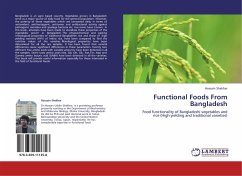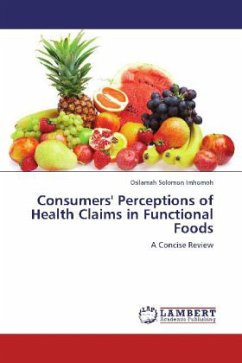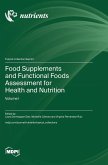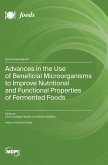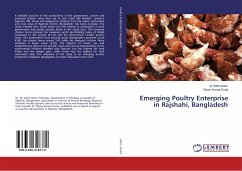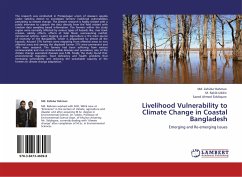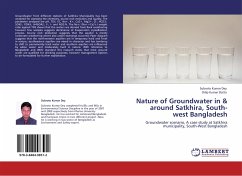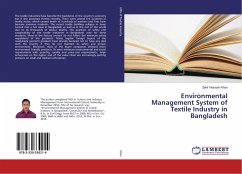Bangladesh is an agro based country. Vegetables grown in Bangladesh serve as a major source of daily food for the general population. However, the potency of these vegetables which are consumed daily, in terms of antioxidant, antitmutagenic, antitumor and antibacterial activity against pathogenic microbes and spoilage bacteria etc. has never been known. In this book, attempts have been made to elucidate these properties of the vegetables grown in Bangladesh. The physicochemical and pasting (rheological) properties of traditional Bangladeshi rice and those ofhigh yielding varieties (HYV) of Indica rice, have been compared to find the nutritive values of the varieties. Rheological properties have been determined for all the rice samples. It has been found that varietal differences cause significant differences in these parameters. Twenty two different free amino acids with variable amounts, have been detected in all the samples. Seven tasty amino acids (Ala, Gly, Gln, Glu, Asn,Thr,Asp) and Gamma amino butyric acid (GABA) have been detected in all the varieties. This book will provide useful information especially for those interested in the field of functional foods.
Bitte wählen Sie Ihr Anliegen aus.
Rechnungen
Retourenschein anfordern
Bestellstatus
Storno

